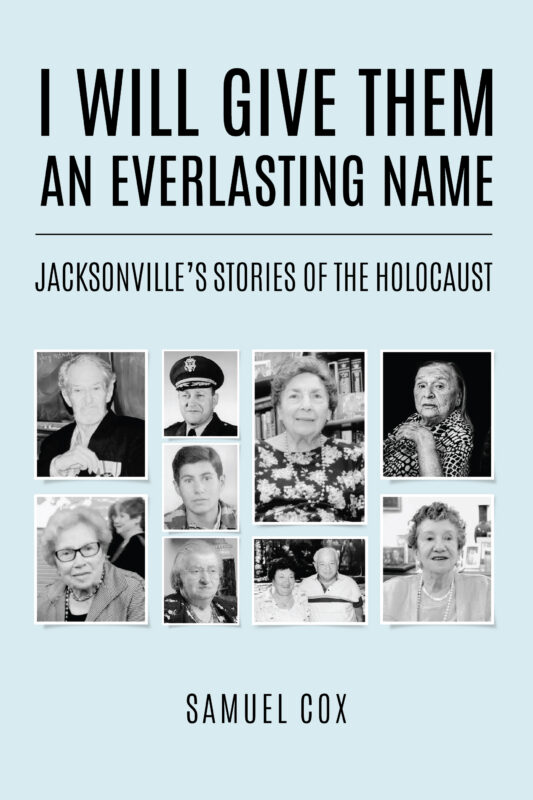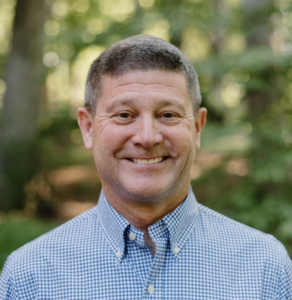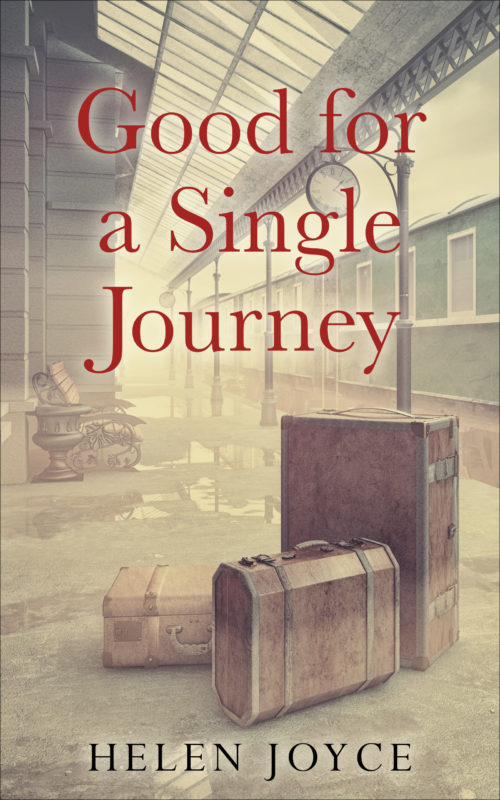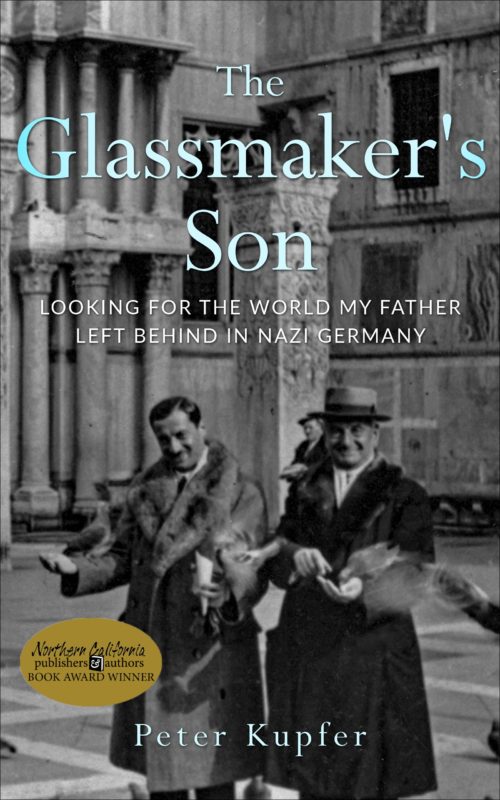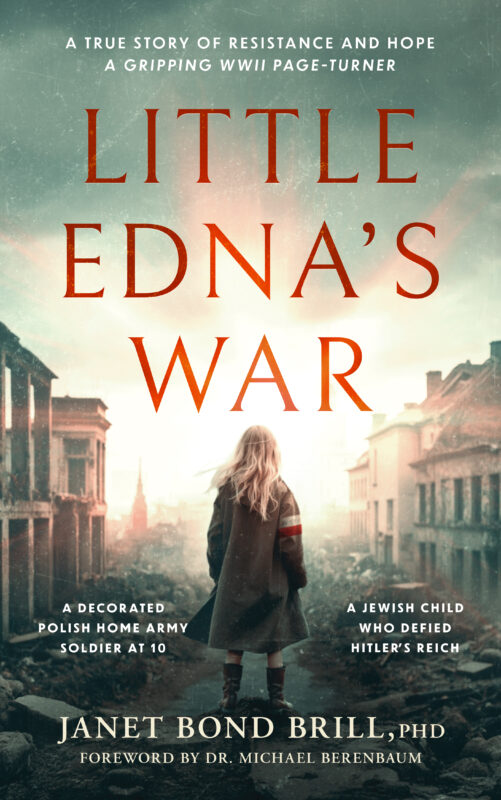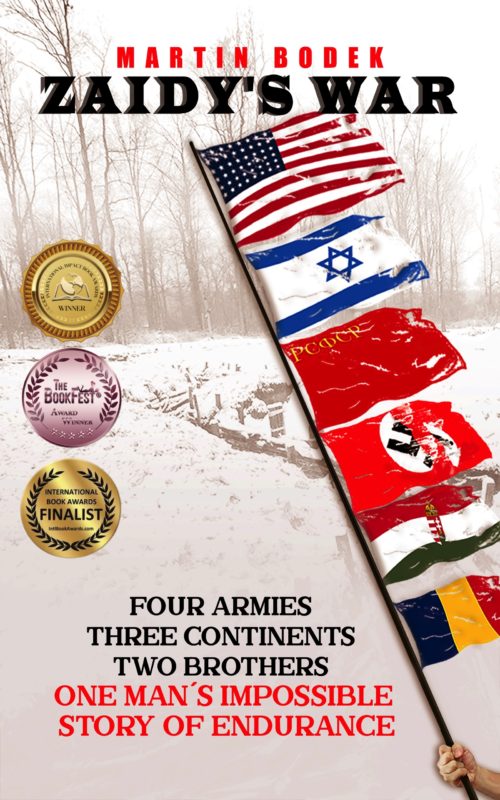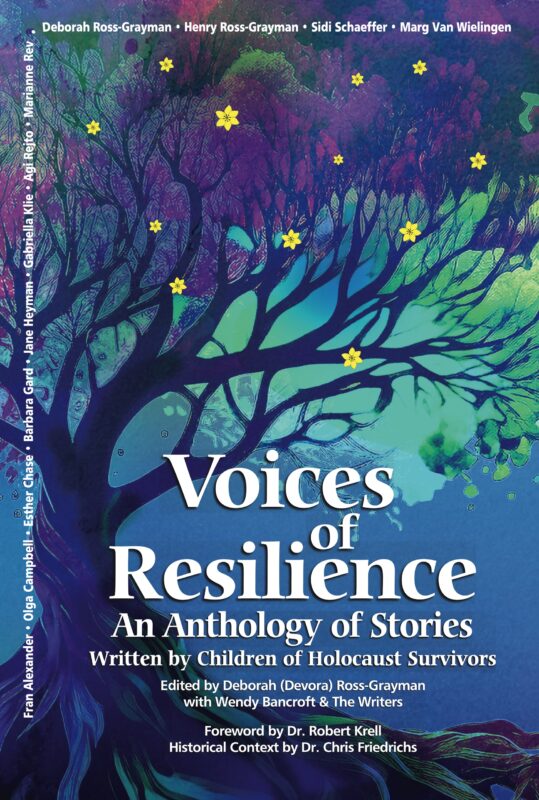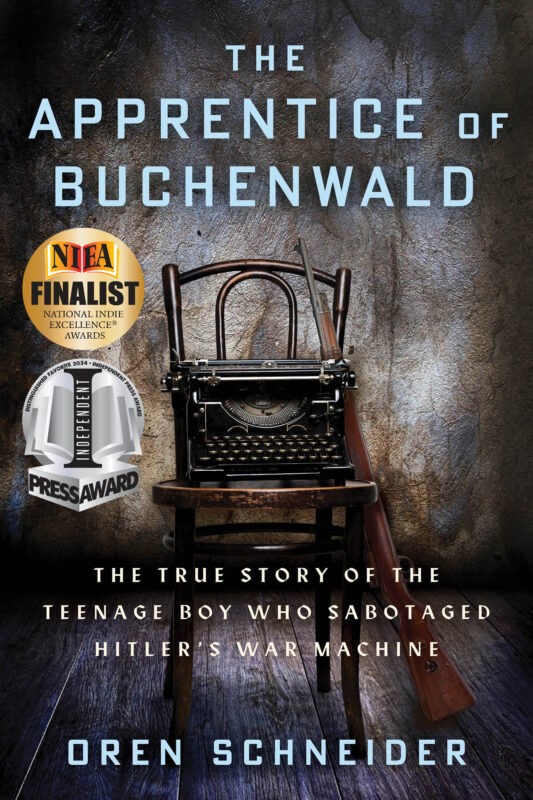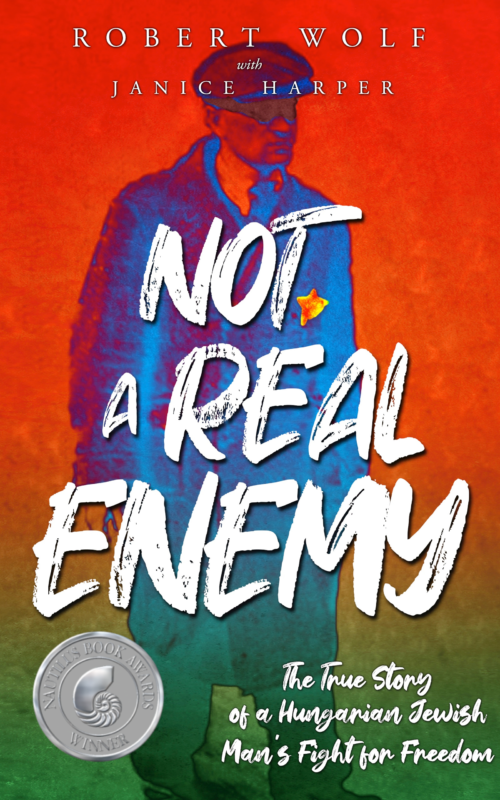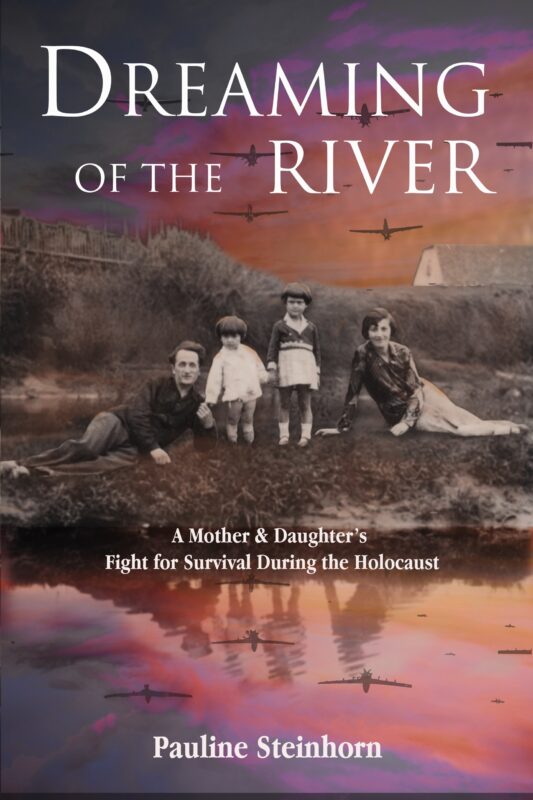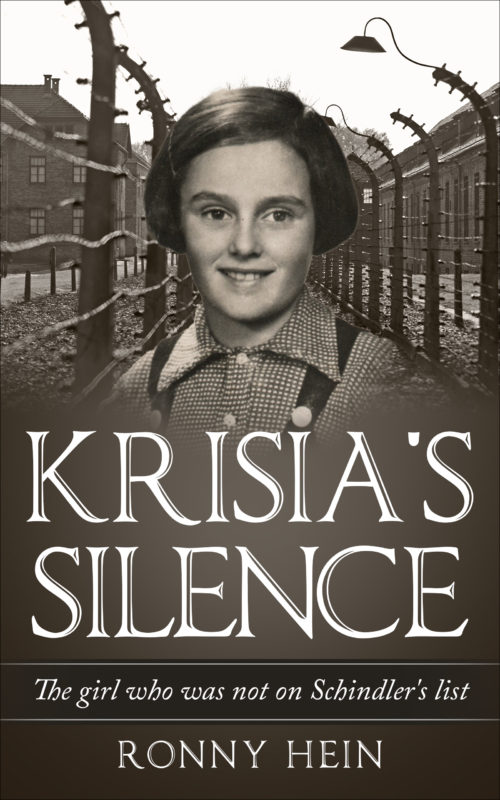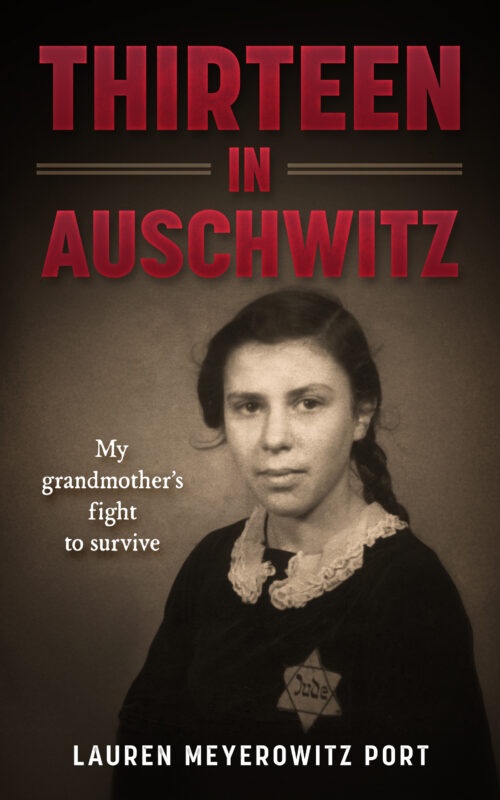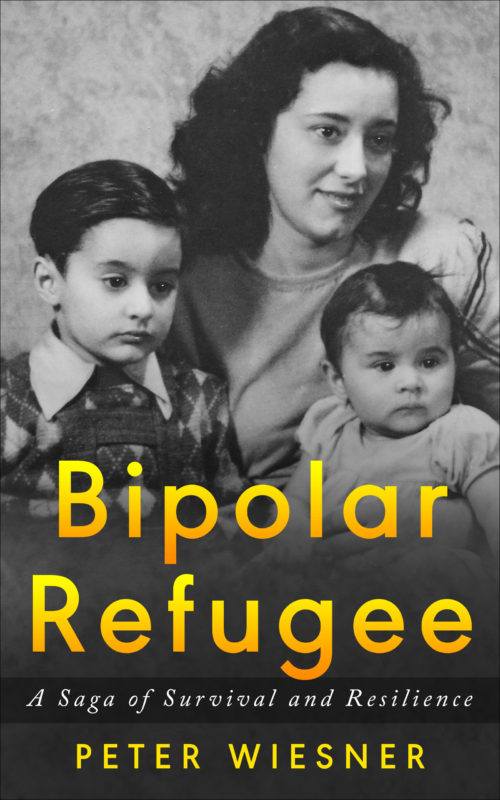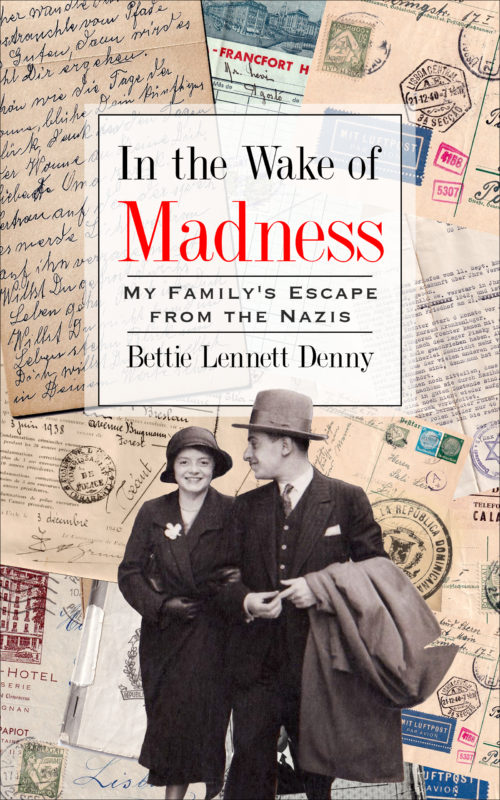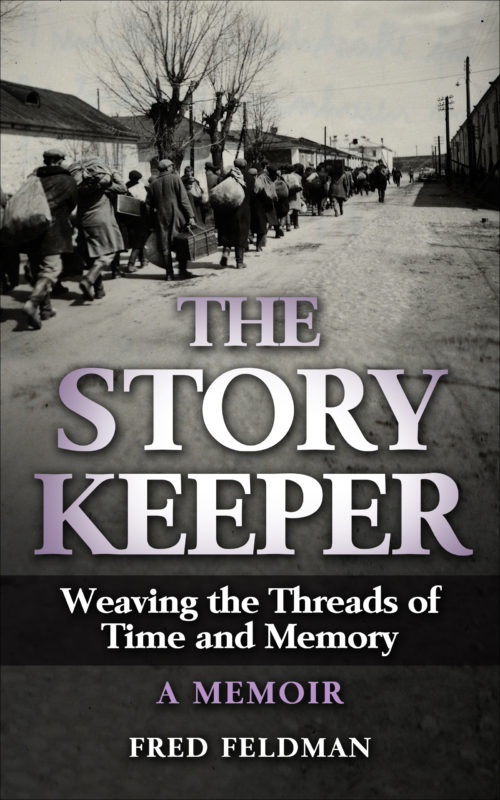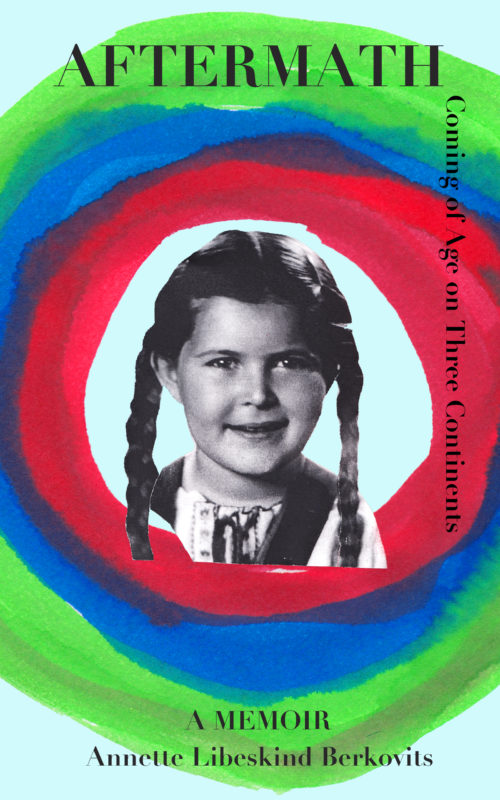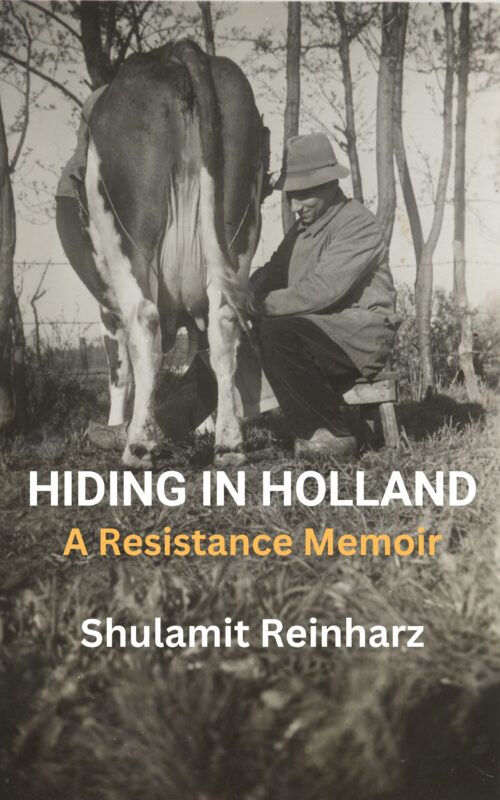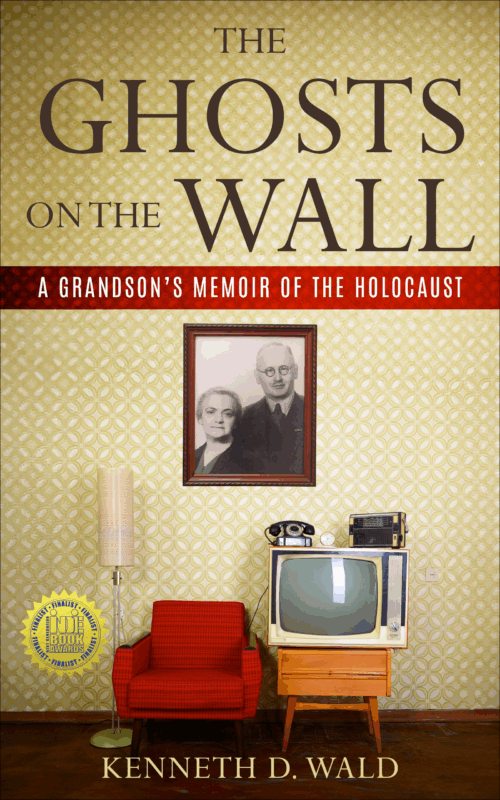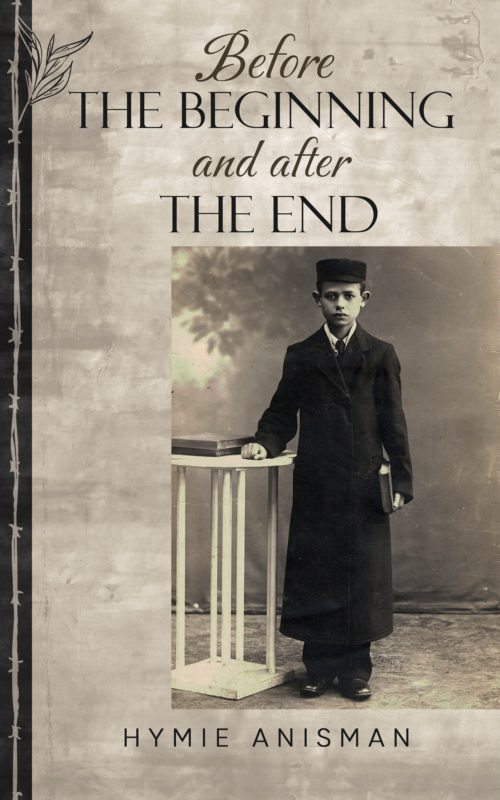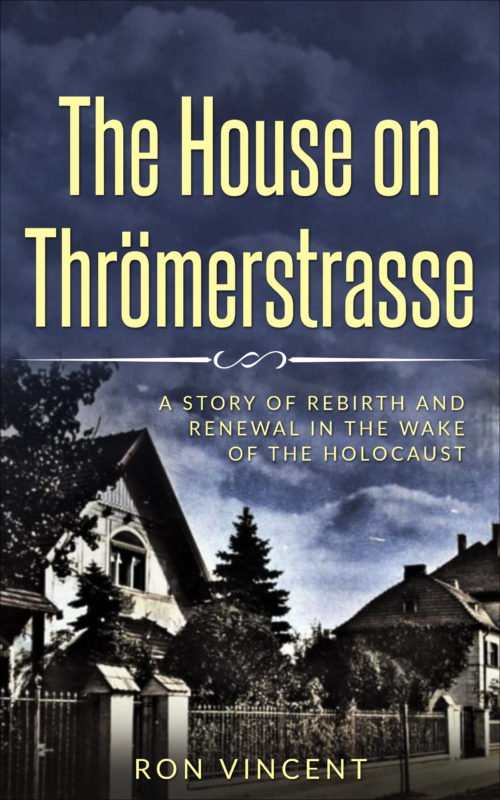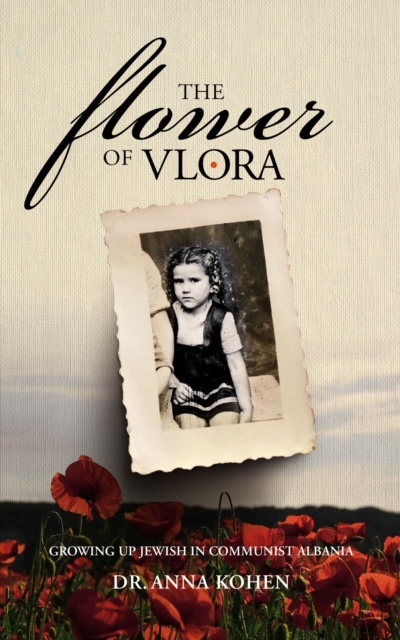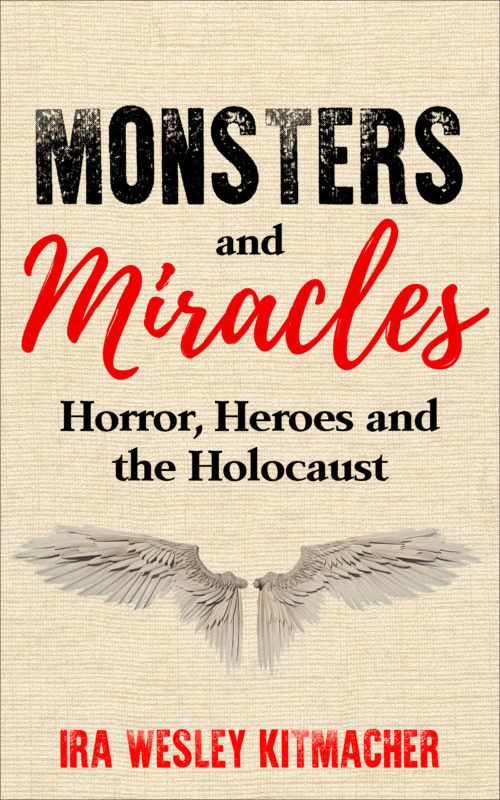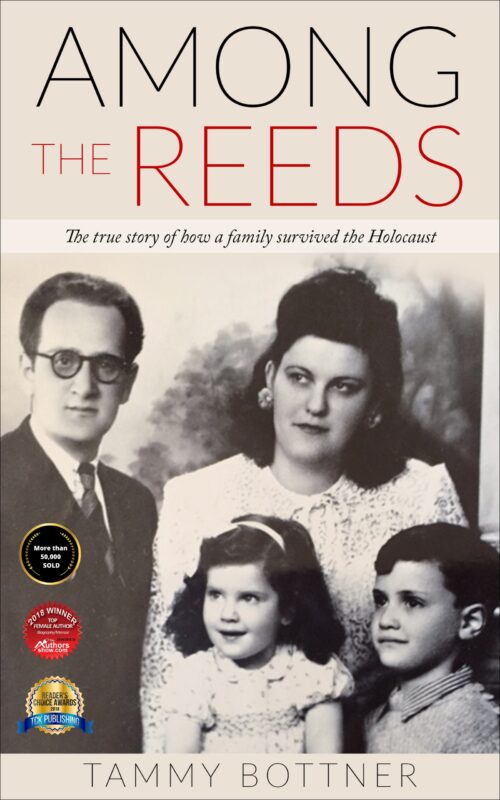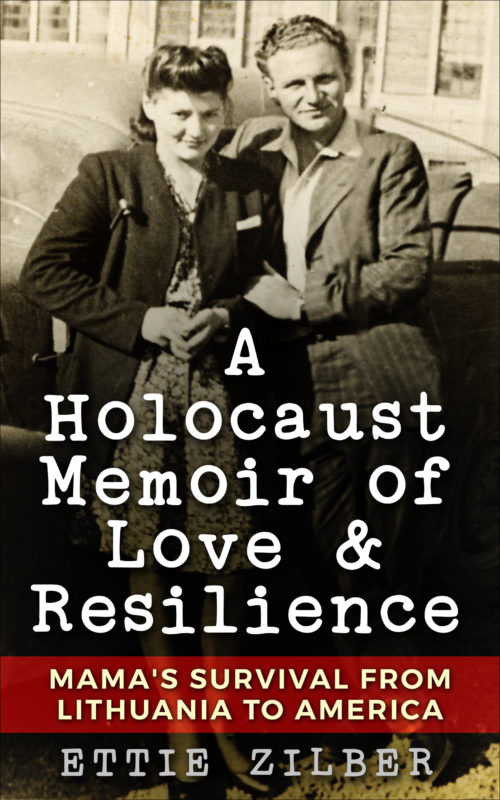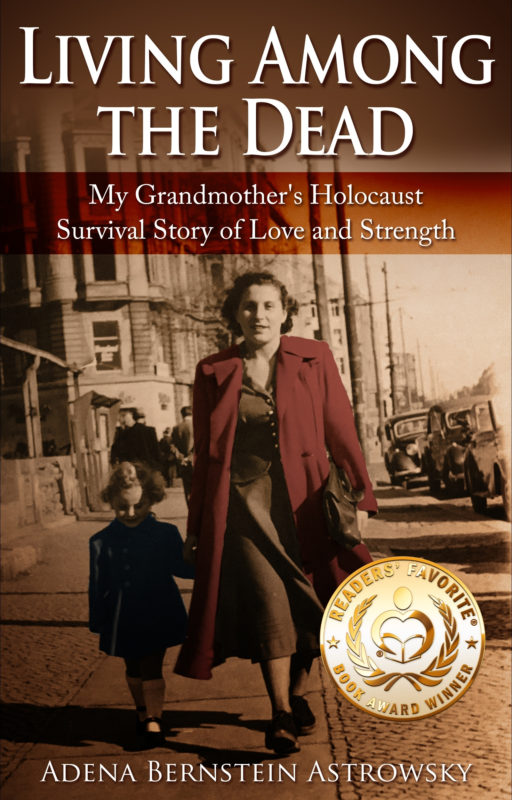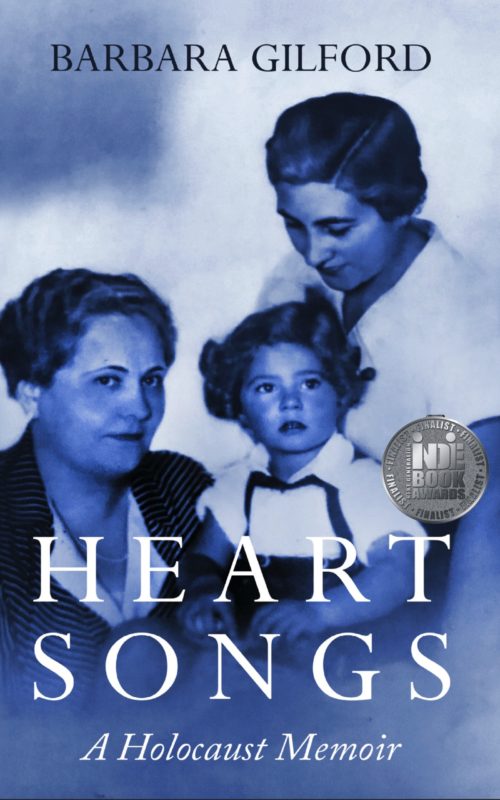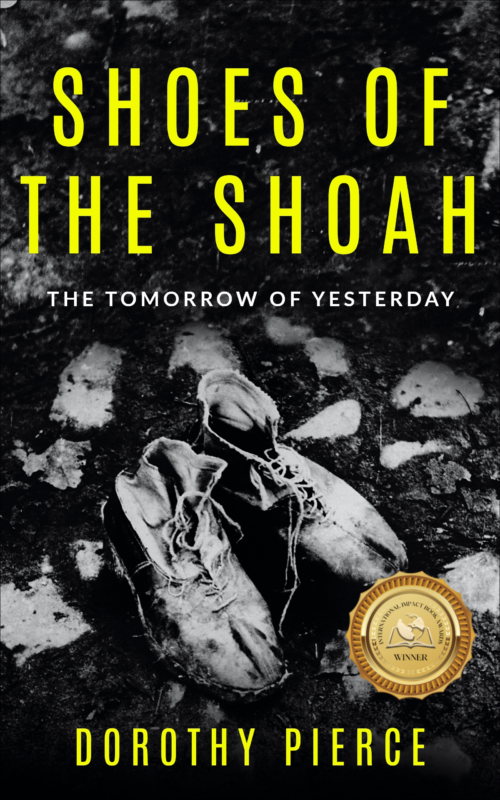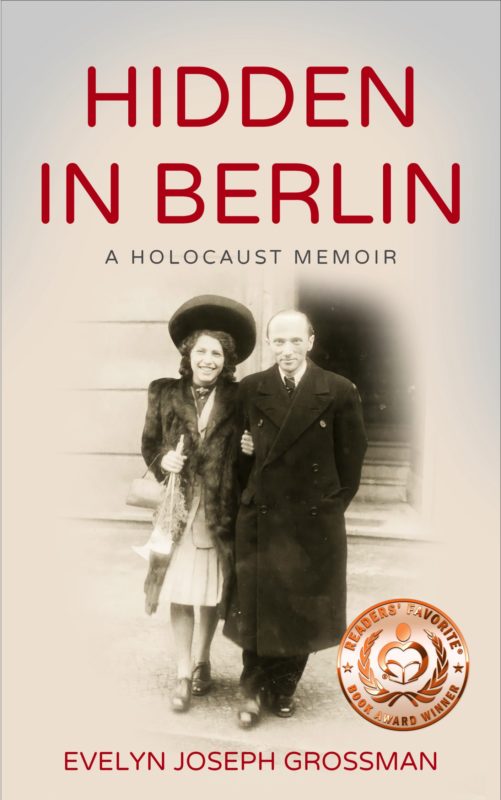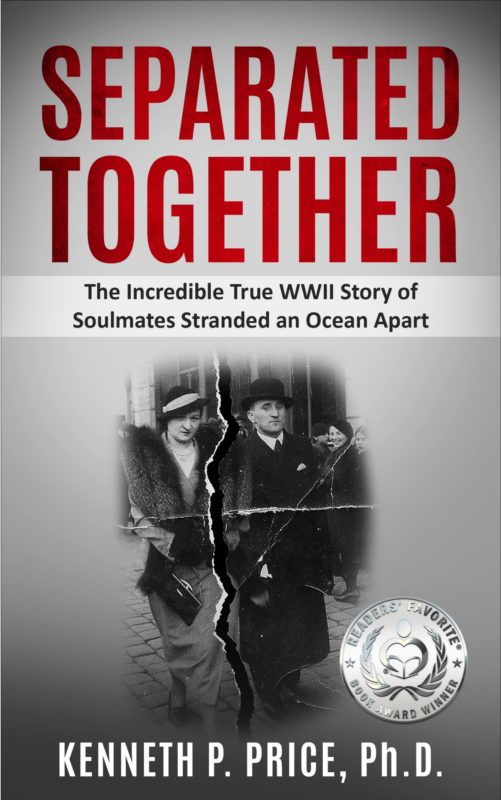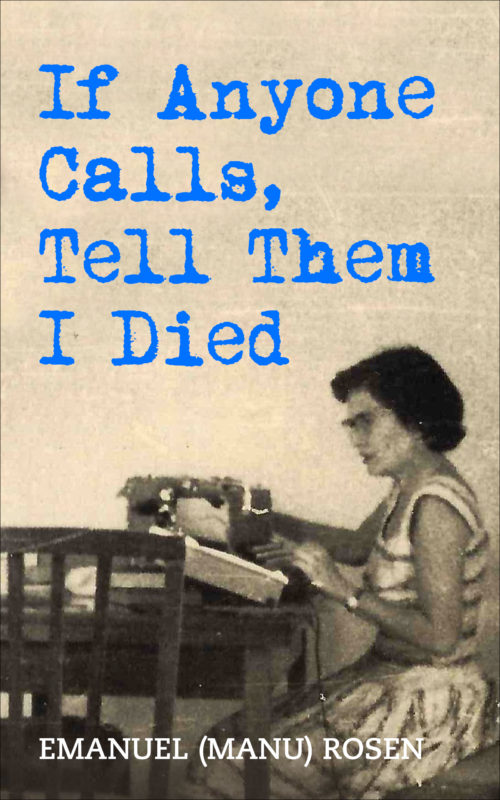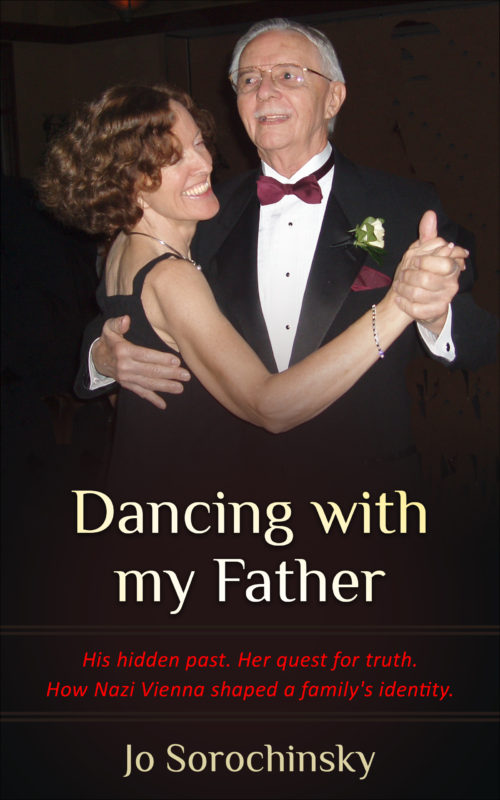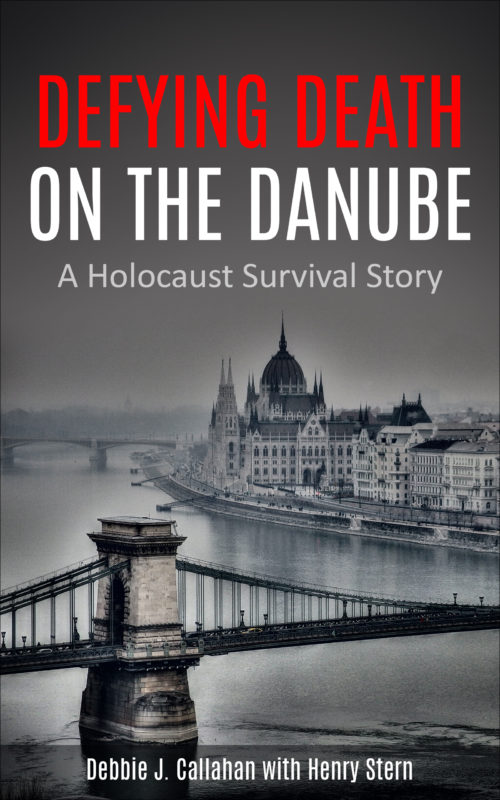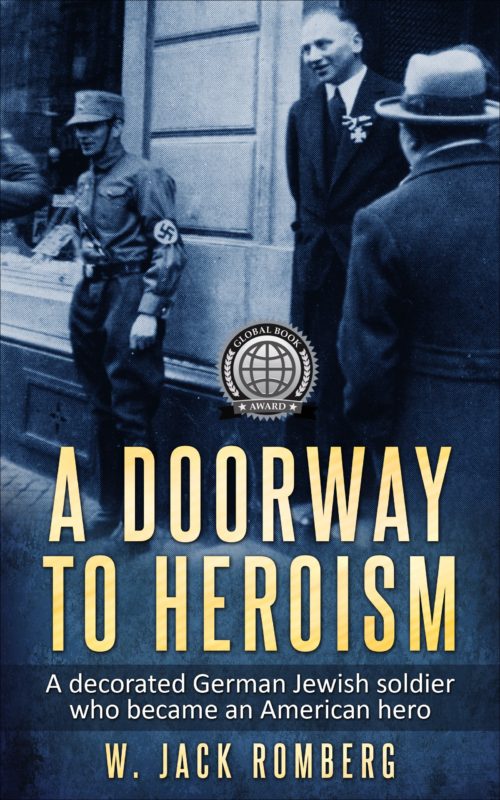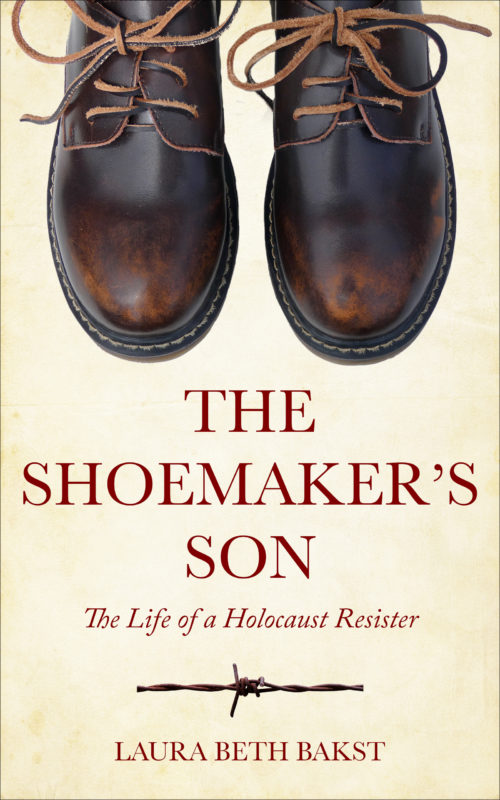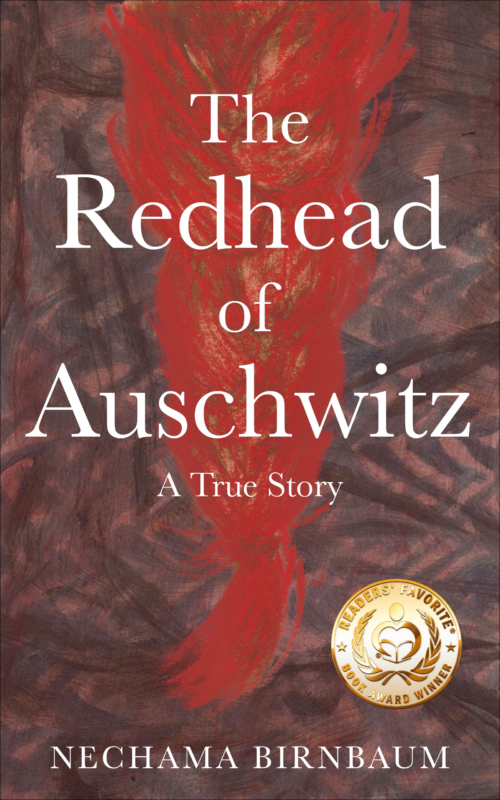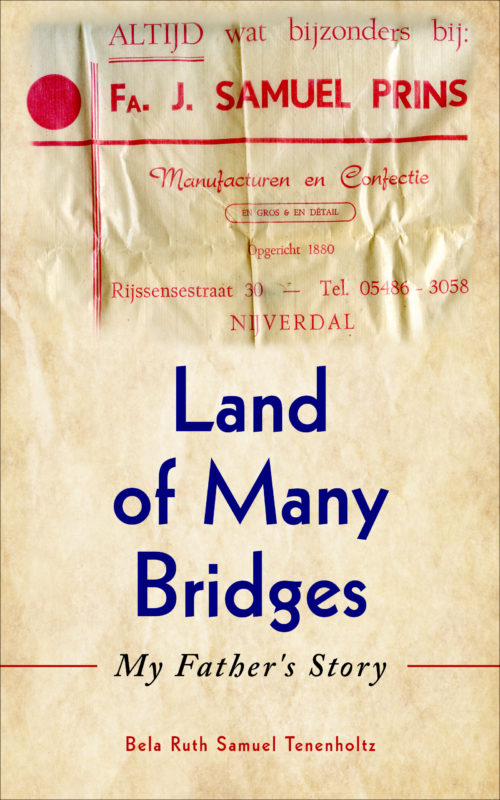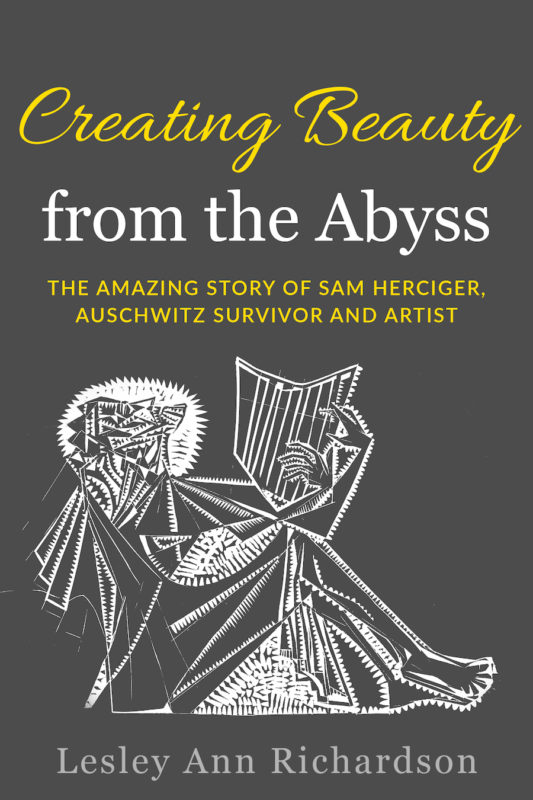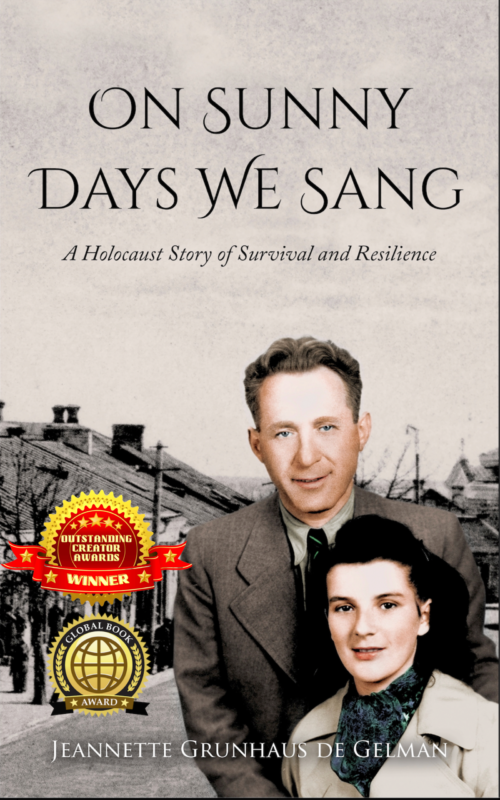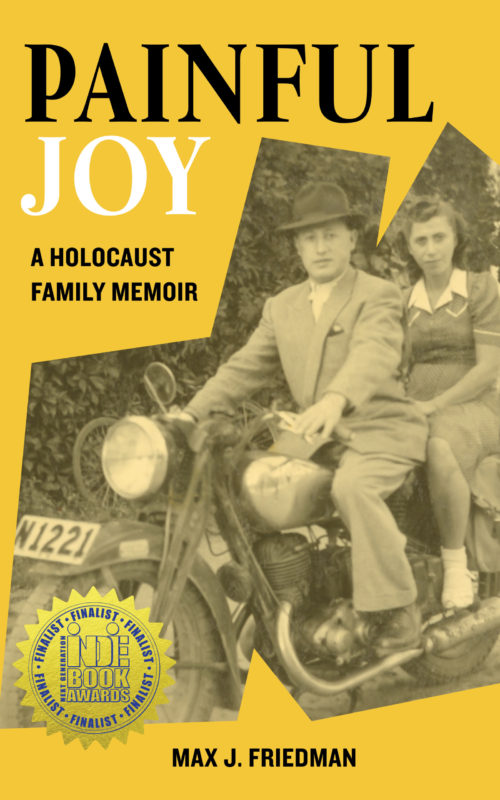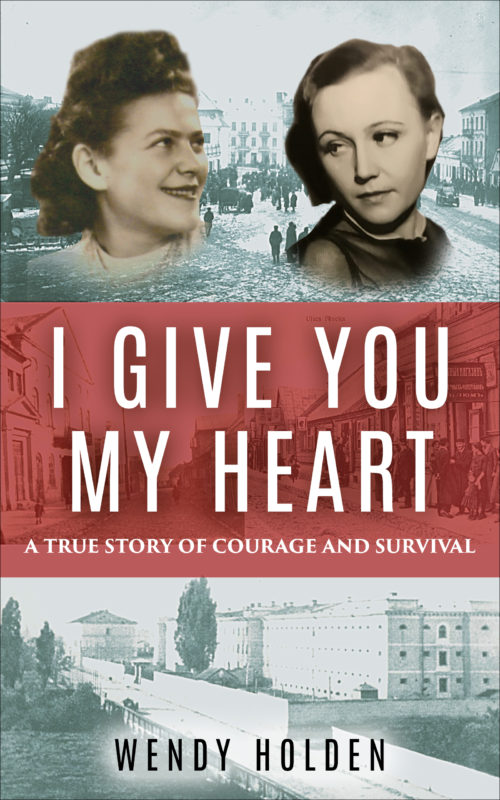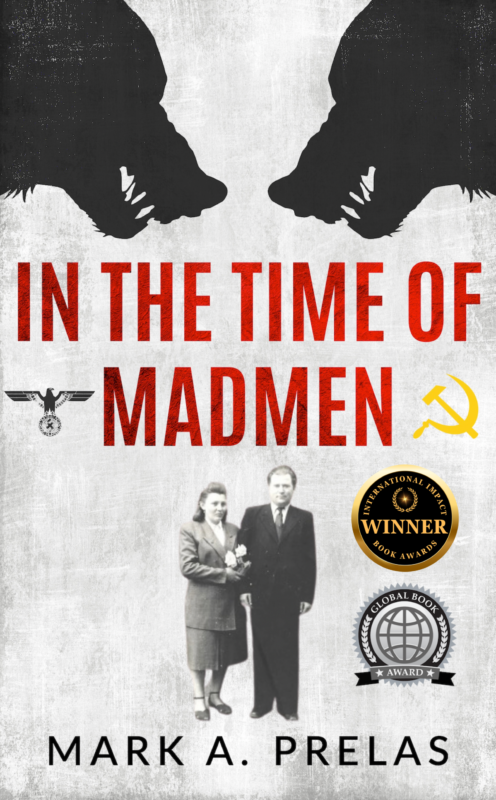This valuable book centers on the testimony of six women and four men, each of whom during the 1990s spoke to high school students in Jacksonville who were studying the Holocaust under the direction of Samuel Cox. Eight of the speakers were Holocaust survivors, including four who had endured Auschwitz. The accounts of their wartime existence are conveyed by Cox with sympathy but also with blunt honesty, for the camps were blunt in what they imposed: the constant threat of death, by gas or other means; the long days of heavy labor; the tiny amounts of food that prisoners were given to sustain them; the filthy conditions and overcrowding that prompted disease; and the forced marches, especially common in the last months of the war, as sick and famished prisoners were compelled to plod from camp to camp, and those who fell behind were shot.
First is the narrative of a former officer in the United States Army, a man who had taken part in the liberation of Dachau and had then served as deputy commandant at Landsberg Prison, where many high-ranking Nazis, some of them heavily involved in the Holocaust, were confined after the war, and a number were executed. His recollections of what he saw at Dachau, and his impressions of the notorious Nazis whom he encountered at Landsberg, are particularly riveting.
Cox’s book concludes with the account provided by a Danish physician, who participated in the best-known rescue of the war, the evacuation to Sweden of almost all Jews living in Denmark, this action taking place just as German occupiers were preparing to deport them to the camps.
Of the ten individuals featured, only one was still alive when Cox completed his book in 2023. Inevitably, the last members of the generation that endured the Holocaust, as well as those who combatted it or otherwise witnessed it, are passing on. Yet, this is coming at a time when interest in teaching young people about the Shoah and its lessons is at unprecedented levels. The subject, not widely taught prior to 1980, is now a fixture in most European countries, and a considerable majority of states in the US either mandate or promote Holocaust education in their schools. Many hundreds of colleges and universities worldwide offer courses on the Holocaust.
Since the number of survivors is declining rapidly, those who teach about the Holocaust must grapple with the issue of how best to provide immediacy to students who will never have the opportunity to attend a talk by someone who was there. Among the resources that instructors may find useful in compensating for this loss are anthologies of testimony.
The book that Samuel Cox has added to the field includes a range of accounts, each of which offers its own perspective on Holocaust-related issues, while none is more than 30 pages in length. It is a work that will be of interest to a wide readership, but it may have a particular appeal in high school or college courses that include units on the Holocaust, for it has the virtue of covering a great deal of ground in a short space.
– Paul E. Kopperman, Professor Emeritus of History, Philosophy and Religion, Oregon State University
